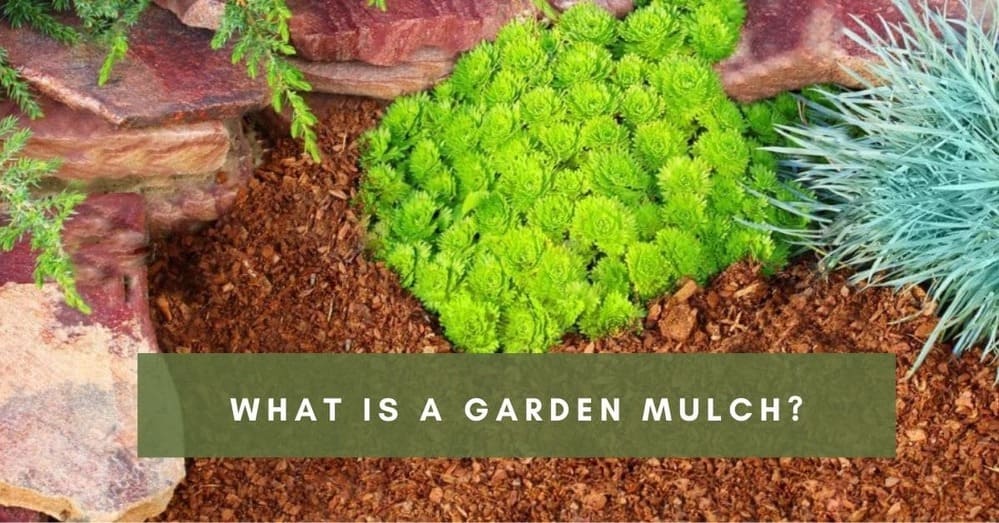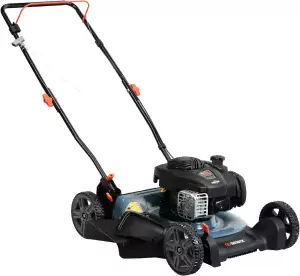When it comes to nurturing a thriving garden, mulching is a practice that seasoned gardeners swear by. But what exactly is garden mulch? At its core, mulch is a protective layer of material spread over the surface of the soil. It might seem simple, but its benefits are profound.
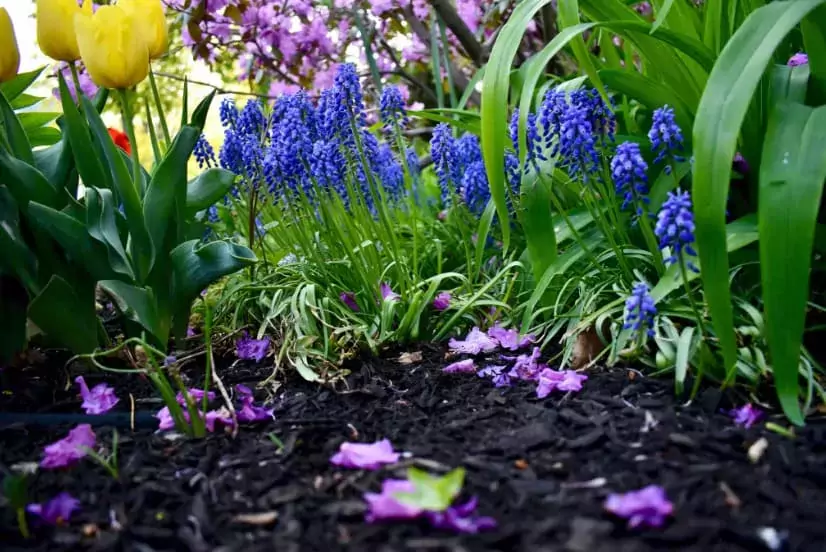
Garden mulch, in essence, is a protective cover that shields the soil. It could be organic materials like leaves, grass clippings, straw, or shredded bark, or inorganic materials such as stones, pebbles, or fabric. This protective layer conserves soil moisture, moderates soil temperature, reduces weed growth, and enhances the overall aesthetic appeal of your garden.
Which Mulch is Best for the Garden?
The best mulch for your garden depends on various factors. Organic mulches like compost, shredded leaves, or straw break down over time, enriching the soil as they decompose. Inorganic mulches like stones or landscape fabric don’t break down but offer excellent weed suppression and moisture retention. Consider your garden’s specific needs and your preferences when choosing the right mulch.
Is Mulch OK for the Garden?
Absolutely! Mulching is more than okay; it’s highly beneficial. Mulch acts as a natural insulator, protecting plant roots from extreme temperatures. It also prevents soil erosion, keeping your garden intact during heavy rains. Moreover, it encourages earthworms and beneficial microbes, creating a healthy environment for plants to thrive.
Is Mulch a Fertilizer?
While mulch itself isn’t a fertilizer, organic mulches like compost or straw break down over time, releasing essential nutrients into the soil. This natural decomposition enriches the soil, promoting healthier plant growth. Mulch essentially creates a conducive environment for the soil to absorb nutrients efficiently.
Why Mulch is Better?
Mulching offers a myriad of advantages compared to bare soil. It retains moisture, reducing the need for frequent watering. It also suppresses weed growth, ensuring that your plants don’t have to compete for nutrients and sunlight. Additionally, mulch serves as a protective barrier, preventing soil compaction and erosion, which can be detrimental to plant roots.
Debunking Myths and Answering Key Questions About Mulching
Now that we’ve established the basics of garden mulch, it’s time to dispel some myths and answer pivotal questions to enhance your understanding and application of this gardening practice.
Is Mulch a Compost?
While both mulch and compost involve organic materials, they serve different purposes. Compost is a nutrient-rich soil conditioner created by decomposing organic matter. Mulch, on the other hand, is a protective layer placed on the soil’s surface. While mulch can eventually turn into compost as it breaks down, the two are not synonymous.
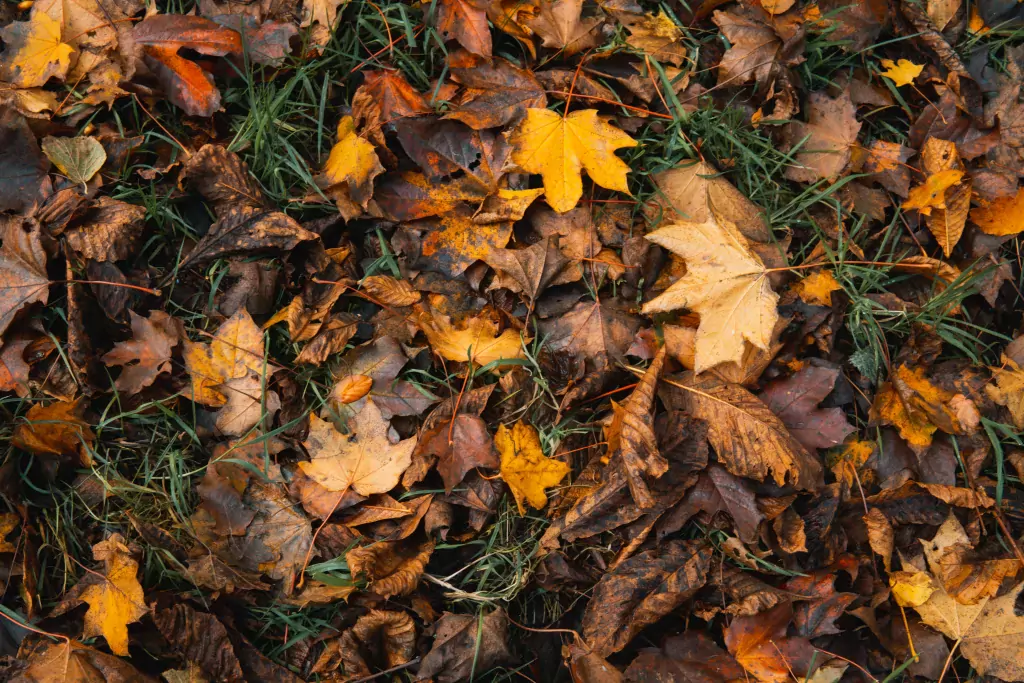
How Long Does Mulch Last?
The longevity of mulch depends on its type. Organic mulches like wood chips or straw decompose over time, usually within a year or two. Inorganic mulches, such as stones or landscape fabric, can last much longer, sometimes for 10-12 years. Regularly replenishing organic mulches is essential to maintain their benefits in the garden.
What is in a Mulch?
Mulches can be made from various organic materials such as leaves, grass clippings, straw, bark, Natural Cocoa Bean Shell Mulch or compost. Inorganic mulches include materials like stones, gravel, or landscape fabric. Each type of mulch offers distinct benefits, so it’s crucial to choose one that aligns with your gardening goals.
Does Mulch Go Bad?
Mulch doesn’t necessarily go bad, but organic mulches do decompose over time. As they break down, they contribute organic matter to the soil, enriching it in the process. Inorganic mulches like stones don’t go bad but might need occasional cleaning or refreshing to maintain their appearance and functionality.
Are Leaves Good Garden Mulch?
Yes, leaves make excellent garden mulch. Shredded leaves create a protective layer, allowing water and air to penetrate while suppressing weed growth. As leaves decompose, they enrich the soil with nutrients, making them a sustainable and beneficial mulching choice.
Are Grass Clippings Good Garden Mulch?
Grass clippings can be excellent mulch if used correctly. It’s crucial to apply them in thin layers to prevent matting and allow air circulation. Avoid using clippings treated with herbicides, as they can harm your plants. Grass clippings break down relatively quickly, providing a nutrient boost to the soil.
How Long Does It Take for Grass Clippings to Decompose?
Grass clippings typically decompose within a few weeks to a couple of months, depending on the environmental conditions. Proper aeration and occasional turning can expedite the decomposition process, transforming grass clippings into valuable organic matter for your garden.
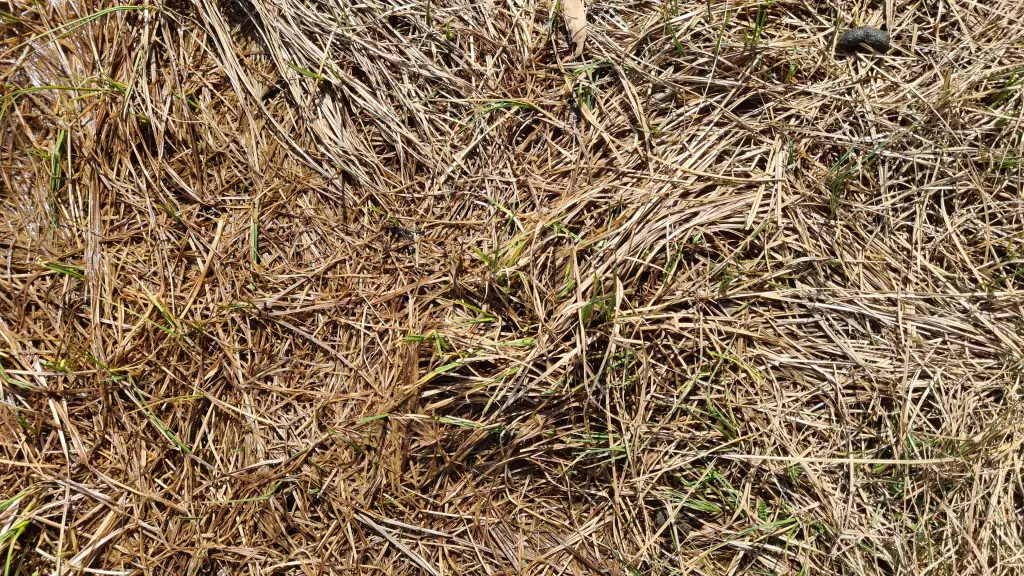
Do Grass Clippings Make Soil Acidic?
Contrary to popular belief, fresh grass clippings from a typical lawn mowing won’t significantly acidify the soil. As they decompose, they neutralize, making them safe for most garden plants. However, if your lawn has been treated with specific herbicides or chemicals, it’s best to avoid using the clippings in your garden.
Do Grass Clippings Help Bare Spots?
Yes, grass clippings can help bare spots in your lawn or garden. Applying a thin layer of grass clippings on bare soil helps retain moisture, prevent erosion, and promote seed germination. Over time, as the clippings decompose, they contribute nutrients to the soil, fostering healthy plant growth.
In the final section, we’ll explore the comparison between mulching and mowing, helping you make an informed decision for your garden’s well-being.
Alternative to organic mulch.
Which is durable and can serve you for years. It has its pros and cons. Is this mulch suitable for your garden? It all depends on your needs. Let’s break it down.
What is Rubber Mulch?
Rubber mulch is a type of mulching material made from recycled rubber, typically sourced from old tires. These tires are shredded into small pieces, creating a resilient and long-lasting mulch alternative. Rubber mulch comes in various colors, allowing for creative landscaping designs while providing the benefits of traditional mulch.
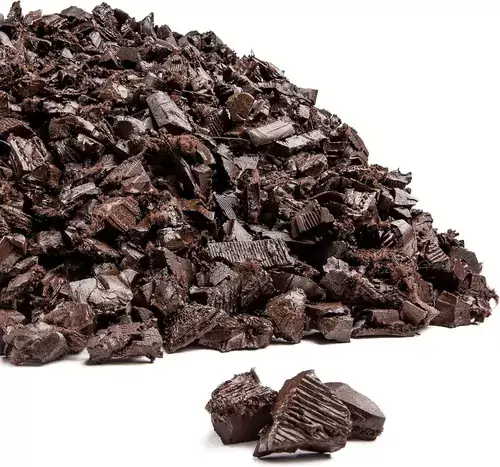
Advantages of Rubber Mulch:
One of the significant advantages of rubber mulch is its durability. Unlike organic mulches that decompose over time, rubber mulch can last for years without breaking down. This longevity makes it a cost-effective option in the long run. Additionally, rubber mulch doesn’t attract pests, such as insects or rodents, providing a more hygienic environment for your garden.
Mulching vs. Mowing: Finding the Right Balance
Understanding the delicate equilibrium between mulching and mowing is key to cultivating a lush and thriving garden. Let’s delve into the nuances of these practices to help you strike the perfect balance for your green space.
Is Mulching Better Than Mowing?
Both mulching and mowing are essential practices for maintaining a healthy garden. Mulching enriches the soil, retains moisture, and suppresses weeds. Mowing, on the other hand, keeps your lawn tidy and prevents overgrowth. The key lies in integrating these practices effectively.
Benefits of Mulching and Mowing Together
When mulching and mowing work hand in hand, your garden reaps the benefits. Mulch enriches the soil around plants, providing essential nutrients and moisture. Mowing keeps your grass at an optimal height, ensuring even sunlight exposure and preventing overshadowing. Together, they create an environment where plants flourish.
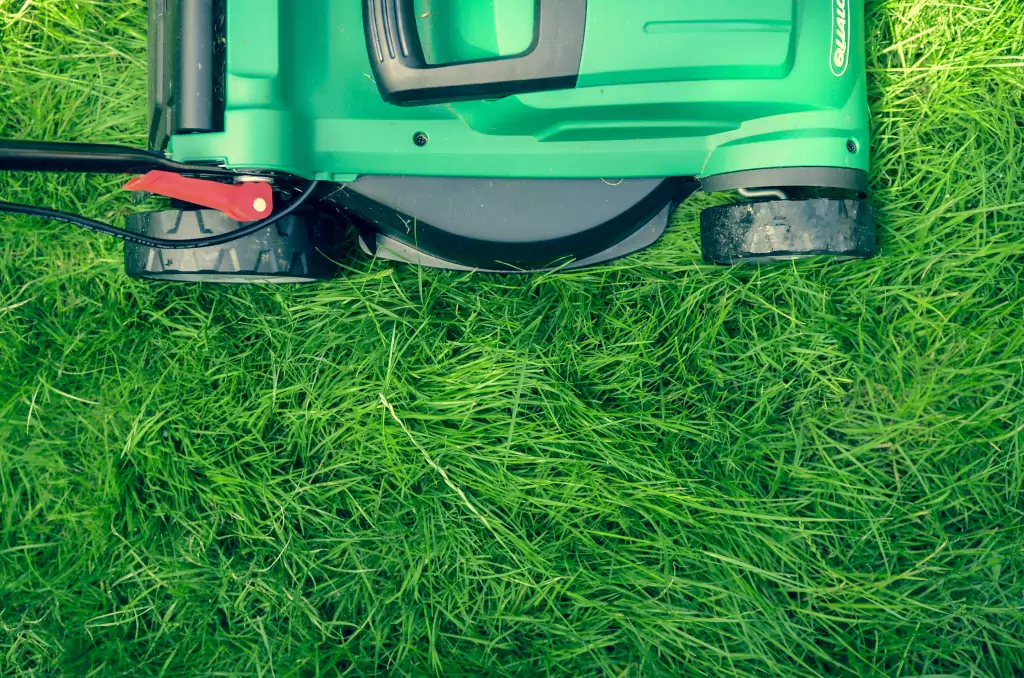
Tips for Efficient Mulching and Mowing
- Layering: Apply mulch in a layer of 2-4 inches to retain moisture and regulate soil temperature. For mowing, follow the one-third rule, never removing more than a third of the grass’s height in one mow.
- Timing: Mulch in spring when the soil warms up, and plants are actively growing. Mow regularly during the growing season, adjusting the frequency based on your grass type and local climate.
- Avoid Mulch Volcanoes: When mulching around trees, create a donut shape, leaving space around the trunk. Mulch piled against the trunk (a mulch volcano) can cause root rot and attract pests.
- Proper Mowing Height: Adjust your mower to the recommended height for your grass species. Taller grass shades soil, reducing water evaporation, and promoting deeper root growth.
- Use Grass Clippings as Mulch: Instead of disposing of grass clippings, use them as mulch. Spread a thin layer over your garden to retain moisture and provide natural nutrients as they decompose.
Mulching and Mowing: A Sustainable Cycle
Embrace the cyclical nature of mulching and mowing. As grass clippings decompose, they become natural mulch, enriching the soil. By employing a mulching mower, you can directly recycle clippings back into your lawn, reducing waste and enhancing your garden’s health.
Choosing the Right Mulching Mower
Investing in a mulching mower can revolutionize your gardening routine. These specialized mowers finely chop grass clippings, allowing them to decompose rapidly. Look for a mower with adjustable cutting heights, enabling you to adapt to different grass types and seasonal changes.
Nurturing Your Garden
In the intricate dance between mulching and mowing, your garden finds its rhythm. Embrace this harmony, recognizing the symbiotic relationship between these practices. By layering mulch, mowing with care, and understanding your garden’s unique needs, you’re not just maintaining a green space – you’re fostering a thriving ecosystem.
Now that you possess the knowledge to master the art of mulching and mowing, your garden awaits transformation. Begin this sustainable journey, and watch your outdoor sanctuary flourish like never before.
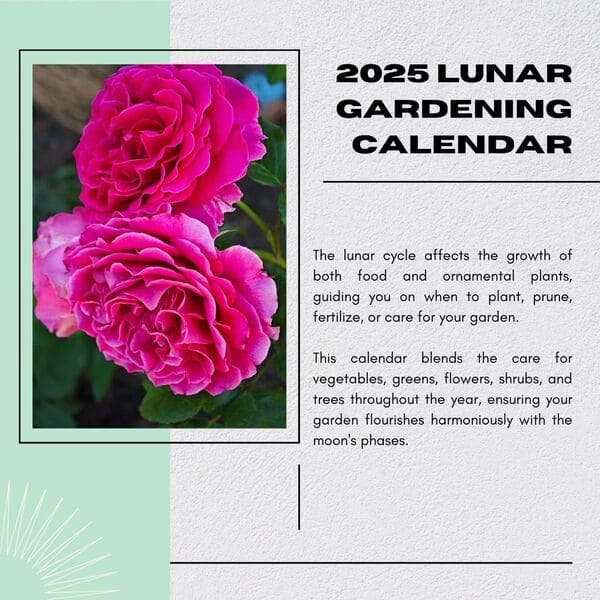
Get Your Free Lunar Gardener's Calendar 2025!
Join the Lunar Gardening Revolution! Subscribe now to receive our exclusive Free Lunar Gardener’s Calendar for 2025. Harness the power of the moon to optimize your planting, nurturing, and harvesting.
FAQ Section: Mulching and Mowing Demystified
What is the ideal mulch depth for my garden?
The ideal mulch depth is between 2 to 4 inches. Applying mulch at this thickness helps retain moisture, regulate soil temperature, and suppress weeds effectively. However, ensure you don’t create a mulch volcano around trees, leaving space near the trunk to prevent root rot.
Can I use grass clippings as mulch, and how long do they take to decompose?
Yes, grass clippings make excellent mulch. Spread a thin layer over your garden to retain moisture and provide natural nutrients as they decompose. Typically, grass clippings take about two to four weeks to decompose, enriching the soil in the process.
How often should I mulch and mow my garden?
Mulch your garden in the spring when the soil warms up and plants are actively growing. For mowing, follow the one-third rule: never remove more than a third of the grass’s height in one mow. Adjust the frequency based on your grass type and local climate.
Is mulching better than mowing, or should I combine both practices?
Mulching and mowing are both essential practices for a healthy garden. Mulching enriches the soil, retains moisture, and suppresses weeds. Mowing keeps your lawn tidy and prevents overgrowth. For optimal results, combine both practices. Mulching and mowing together create an environment where plants and grass flourish.
What should I consider when choosing a mulching mower?
When selecting a mulching mower, consider adjustable cutting heights. This feature allows you to adapt to different grass types and seasonal changes. Mulching mowers finely chop grass clippings, enabling them to decompose rapidly and enrich your lawn naturally.
By understanding these key aspects of mulching and mowing, you can create a vibrant and sustainable garden while ensuring the health of your plants and grass. Happy gardening!

